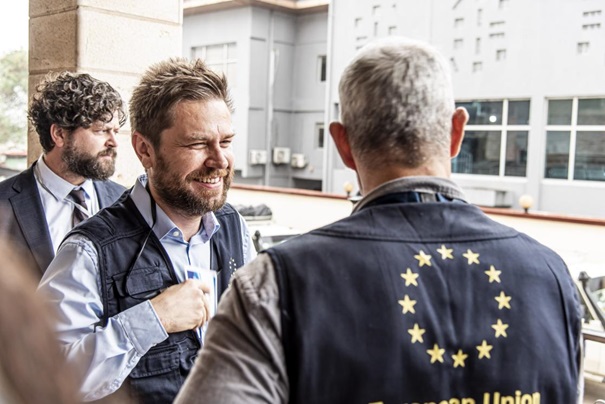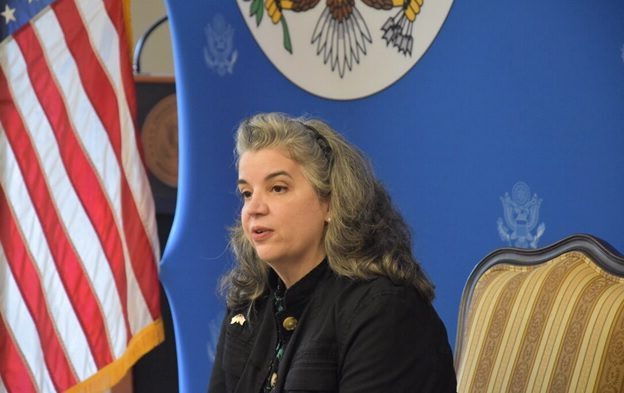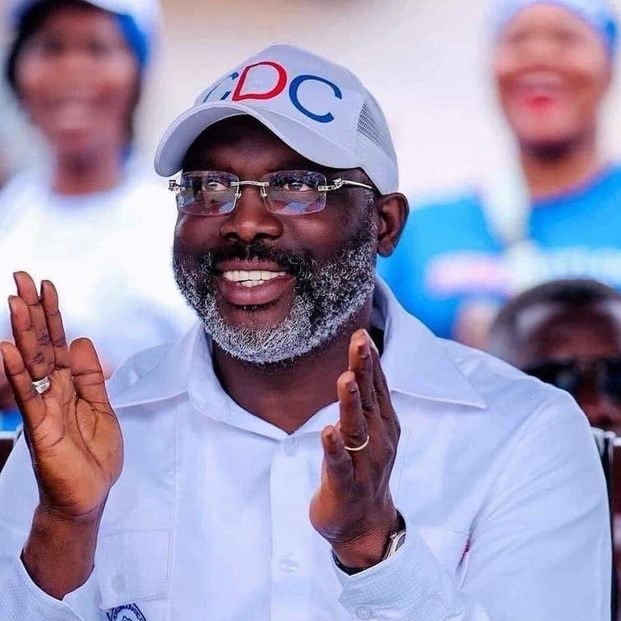Following the invitation of the government of Liberia, the European Union has deployed an Election Observation Mission (EU EOM), led by Chief Observer Andreas Schieder, a Member of the European Parliament (MEP) from Austria, to observe the General Elections on 10 October. Today the EU EOM has deployed 20 Long-Term Observers all over Liberia.
“These elections mark a significant milestone in consolidation of Liberian democracy” said Deputy Chief Observer Jarek Domański, who is in the country since end of August. “The European Union Election Observation Mission will monitor the process impartially and independently. I can ensure that our team of analysts and observers will deliver an objective assessment of the upcoming electoral process.”
The EU EOM arrived with a Deputy Chief Observer and a Core Team of 10 analysts on 27 August in Monrovia. The group of experts consists of an election, political, legal, campaign finance, media and social media, and a data analyst. On 4 September, the team met with the Chairwoman and Commissioners of the National Elections Commission of Liberia (NEC). Since then, the EU EOM had several meetings with Liberian authorities, political parties, journalists and civil society organisations.
A group of 20 Long-Term Observers joined the EU EOM on 5 September and are deploying today, after three-days briefing, to follow the electoral preparations and campaign in the 15 counties of Liberia. A week prior to Election Day, 40 Short-Term Observers will be additionally deployed throughout the country, alongside a Delegation of Members of the European Parliament and around 20 diplomats from EU Member States accredited in Liberia. The EU Election Observers come from the 27 different EU Member States, as well as Canada and Norway, bringing the number of EU Observers on Election Day to around 100.
“The EU EOM will assess the elections based on international and regional standards and commitments that Liberia has espoused, together with its national laws. It will focus on the entire electoral process, including an assessment of the legal framework, election administration, voter registration, candidate nomination, campaigning, the media’s role, voting, counting, and tabulations of results, as well as the complaints and appeals process”, explained Deputy Chief Observer Jarek Domański.
All EU EOM observers are bound by a code of conduct, which requires strict neutrality and non-interference. The EU EOM undertakes its work in accordance with the Declaration of Principles for International Election Observation. It will publish its initial findings in a preliminary statement, which will be presented in a press conference shortly after Election Day. A Final Report with concrete recommendations to enhance future electoral processes will be presented at a later stage. Source: eeas.europa.eu







